Your target audience - how to define it and why it is important.
In life and in marketing, it is impossible to be ALL things to ALL people.
It is a common misconception to think that you can engage with and build trust with everyone you want to reach, and that you can maximise sales by drawing in a larger audience. Targeting a specific audience doesn't mean you have to exclude those who don't meet your specific criteria, instead it allows you to focus your message to the right audience - those who are most likely to engage with your brand and business.
What is a target audience?
In marketing, a target audience is defined as a demographic of people identified most likely to be interested in a company’s product or service.
Why is it important to know your audience?
Knowing how to define your audience will holistically help your built environment business. It directs the language you use, the content topics you discuss and will direct the future position of your services.
It allows you to engage with your audience on a personal level, and craft effective branding, marketing and communication strategies.
The Built Environment is all about people. Knowing your audience intimately will allow you to stand out from the crowd, in a highly competitive market.
How do you define your target audience?
There is a vast list of characteristics that need to be identified when defining your target audience.
These include: Age, Gender, Location, Socioeconomic Status, Occupation, Attitudes and Values. Each characteristic will determine how you interact with your audience. For example if you consider location as a driver in defining your target audience you can use local knowledge to connect with clients locally.
Here are a few ways to begin identifying your target audience.
1.Check out your competitors
This is particularly important if you don't have much of an existing customer/client base yet. By observing what your competitors are doing, you can gain a deeper insight into your own customer profile. Pay close attention to their blogs, product pages, and social media channels to gain an insight into their marketing strategy.
A great way to do this is by signing up to newsletters in order to discover a first hand feeling of what it's like to be their customer. Embarking on a competitor analysis or investigation of sorts will allow you to gather a picture as to why your competitors are successful. You can then start to review how you can curate a brand that gives the consumer the better alternative!
2. Social ‘Listening’
Social media is a vital tool when it comes to affirming your target audience.
Those who engage with your content are most likely your target demographic. All social platforms have a range of analytics for you to get familiar with and can be useful at gaining details of your audience such as gender, age and location.
Engage in social listening, ie. listen to what your audience is telling you through their social media activity. Every like, comment, retweet, share and save can paint a picture of what your audience values the most.
Content is King
Once you have an understanding of your target audience you will be able to choose content themes that you know will resonate with them the most. It is just as important to learn from the ones that don't resonate too. Using tools such as Google Analytics to measure page views, and metrics such as share, like and comment will help you define your content's popularity.
If you are able to drill down into your customers interests, you have a clear understanding of what themes speak to them. This in turn will help you build an understanding of what drives the market you operate within.
If you don't consider and define your audience, you will not be able to align your business with the factors that enable potential clients' decision making. A clearly defined target audience will allow your business to focus on converting any interest into sales, and fans into advocates of your brand.
Read more on target audience marketing here.
Need help defining your target audience?
It is important for built environment business owners to understand the importance of having a clear and defined target audience. We can help you define your target audience and assist in strategies utilizing this information throughout your marketing communications strategy.
Does your social media content speak to your target audience? We can create content that will specifically resonate with the defined demographic we are targeting.
Book a discovery call to discuss how we can help you define your target audience and build this into a successful communications strategy.





